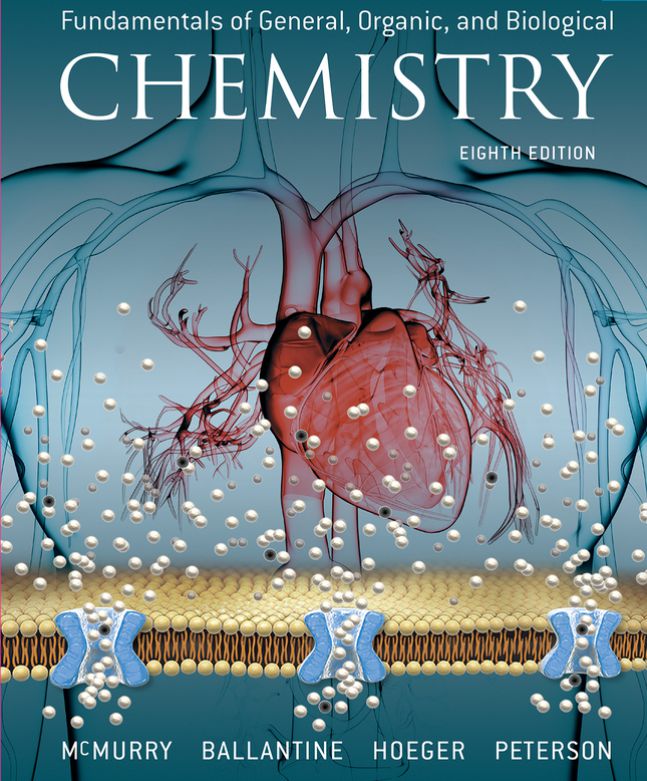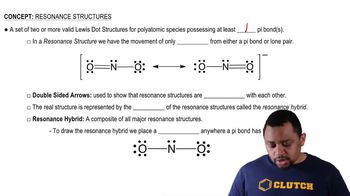Textbook Question
What do the terms saturated and unsaturated mean?
1663
views

 Verified step by step guidance
Verified step by step guidance



What do the terms saturated and unsaturated mean?
Draw an example of a saturated four carbon compound and an unsaturated four carbon compound.
What does the term 'aromatic' refer to when discussing organic molecules?
What prefixes are used in naming the following?
a. A 1,3-disubstituted benzene
b. A 1,4-disubstituted benzene
Write structural formulas for compounds that meet the following descriptions:
a. A 6-carbon alkene whose longest chain is 4 carbons in length (three possibilities)
Write structural formulas for compounds that meet the following descriptions:
b. An alkyne with 5 carbons total (three possibilities)